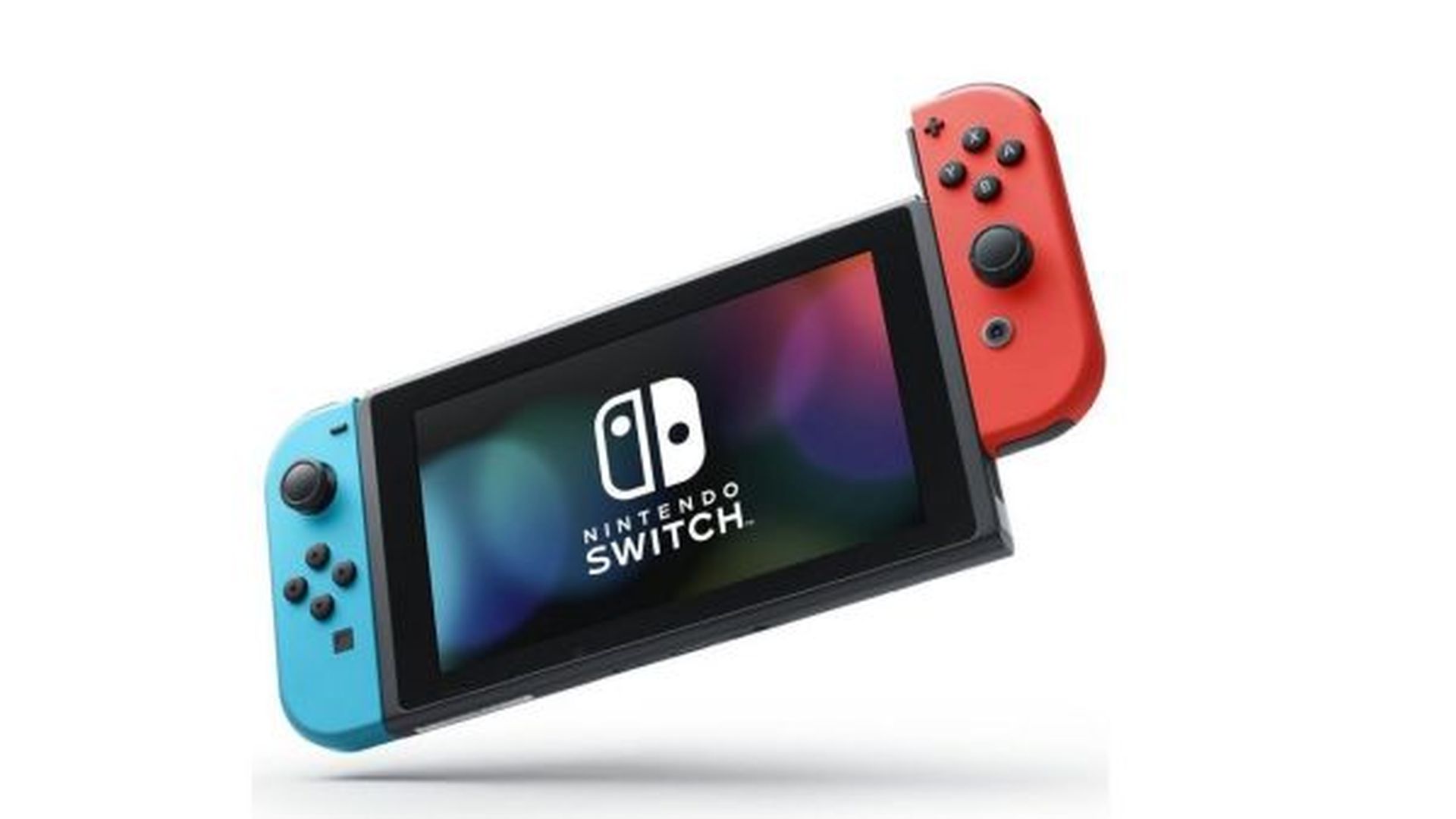
Nintendo has filed a lawsuit alleging that emulators are explicitly used to "unlawfully play pirated games" away from their intended consoles, in a claim that seems to conveniently forgo the Nintendo's Switch's popularity as an emulator.
Earlier this week, Nintendo filed a lawsuit against Switch emulator Yuzu, alleging that the software had helped enable the illegal downloading of one million copies of The Legend of Zelda: Tears of the Kingdom prior to the game's release last summer. The company claims that a spike in Yuzu's Patreon donations after a leak of the game the week before launch was the result of people signing up to the emulator so they could play Tears of the Kingdom for free.
A copy of the lawsuit, filed on February 26 and available to view via Scribd, sees Nintendo setting out the legal definitions upon which it's built its case. That's traditional legal practice, but one bit that's caught people's eyes is its explanation of exactly what an emulator is. In only the second paragraph, Nintendo writes that "a video game emulator is a piece of software that allows users to unlawfully play pirated video games that were published only for a specific console on a general-purpose computing device."
🤔 pic.twitter.com/1HdoWzHytTFebruary 27, 2024
Nintendo is technically correct, in that emulators do allow users to play pirated games, but that's not really the whole story - emulators also allow players to play games they haven't pirated, and, as pointed out by emulation expert and YouTuber Dimitris Giannakis, the Nintendo Switch might just be the most widespread example of that. Via Nintendo Switch Online, subscribers can play emulated versions of a host of old Nintendo games, each of them initially published only for a specific console.
Acknowledging that the exact legality around emulation remains in some terminal grey area, the fact remains that Nintendo seems to have painted itself into something of a difficult spot here. I imagine Nintendo's lawyers would argue that the Switch isn't "a general-purpose computing device," but I still don't think that means the implied suggestion that 'all emulators are for piracy except the one that we charge for' holds up very effectively, particularly when any legitimate emulation provider will typically go to great lengths to avoid ties to piracy. And if the Switch truly is the best-selling emulation machine out there with nearly 140 million consoles sold, it certainly becomes harder for Nintendo to argue that emulators are exclusively used to pirate games.
Check out the best Switch games - but make sure you actually play them on the Switch.
Weekly digests, tales from the communities you love, and more

I'm GamesRadar's Managing Editor for news, shaping the news strategy across the team. I started my journalistic career while getting my degree in English Literature at the University of Warwick, where I also worked as Games Editor on the student newspaper, The Boar. Since then, I've run the news sections at PCGamesN and Kotaku UK, and also regularly contributed to PC Gamer. As you might be able to tell, PC is my platform of choice, so you can regularly find me playing League of Legends or Steam's latest indie hit.


